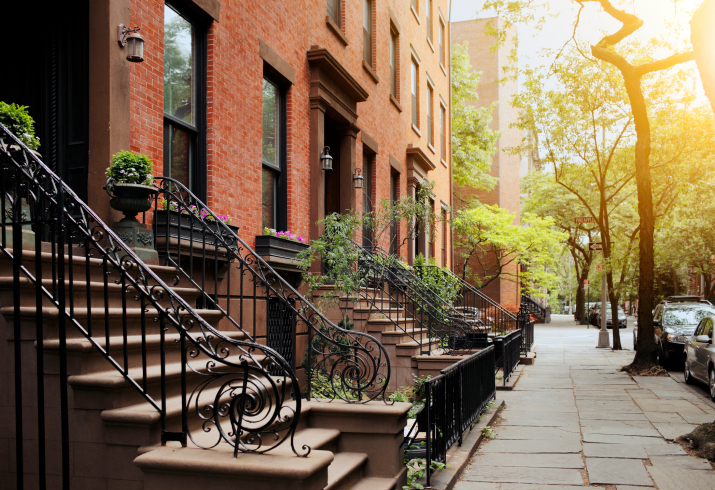Are You Ready to Make the Leap into Home Ownership? Here’s How You Can Tell
 Are you ready to make that leap from living at home or renting to owning a home of your own? While everyone moves at their own pace, here are some signs that you can use to determine if it is time to own your own home. Let’s take a look at some of the reasons you can use to justify your decision.
Are you ready to make that leap from living at home or renting to owning a home of your own? While everyone moves at their own pace, here are some signs that you can use to determine if it is time to own your own home. Let’s take a look at some of the reasons you can use to justify your decision.
Are You Sticking Around?
If you plan on moving soon for a job or think that you won’t be in town much longer, it may be better to rent. However, if you are thinking about living in the same town or within the same county for years to come, it is time to put down roots.
The stability that comes with home ownership may make you more prepared for a marriage and/or a family if that is something that you want. This stability may make you more attractive if you are single and searching for a long-term relationship.
Do You Have a Steady Job?
Those who have a steady job and know that they have a stable salary may want to make the move to home ownership. As long as there aren’t any other major debts eating into your income, you can probably handle a mortgage and other costs associated with home ownership.
The equity that you build in your home can help you build wealth for the future if and when you want to retire. Your home may also make a great rental property in the future, which can help you diversify your portfolio and keep you solvent for years to come.
You Are Spending More Time Watching Television Shows Related to Home Ownership
You may have caught yourself recently watching shows revolving around people or couples who are looking for homes. You may also be watching programs dedicated to giving tips as to how you can upgrade your home. If you watch these shows frequently, it may be a sign that you are ready to move out on your own and take on the exciting challenge of being a homeowner.
Are you ready to be a homeowner in the near future? Only you can say for sure if it is time to make that leap. However, those who are looking for a long-term housing solution may be ready to make that move. For more information, it may be worthwhile to talk to a mortgage professional to see what you can afford to do.

 Finding the perfect property is an exciting feeling, but its relative location can leave a lot of room for worry. Buying a home in the city is a venture that comes with an entire assortment of advantages and disadvantages. While the location might be close in proximity to businesses, services, and other people, it’s easy to worry about the other aspects of city living. What are the great and not-so-great facets of living on a busy street?
Finding the perfect property is an exciting feeling, but its relative location can leave a lot of room for worry. Buying a home in the city is a venture that comes with an entire assortment of advantages and disadvantages. While the location might be close in proximity to businesses, services, and other people, it’s easy to worry about the other aspects of city living. What are the great and not-so-great facets of living on a busy street? Spring is approaching fast and it is usually the busiest time of the year for home buying. After a long and cold winter, many people are ready to enjoy the nicer weather and begin to shop for a new home. Spring is also the perfect time for home buying for families with children because it allows them to move during the summer without interrupting school.
Spring is approaching fast and it is usually the busiest time of the year for home buying. After a long and cold winter, many people are ready to enjoy the nicer weather and begin to shop for a new home. Spring is also the perfect time for home buying for families with children because it allows them to move during the summer without interrupting school.